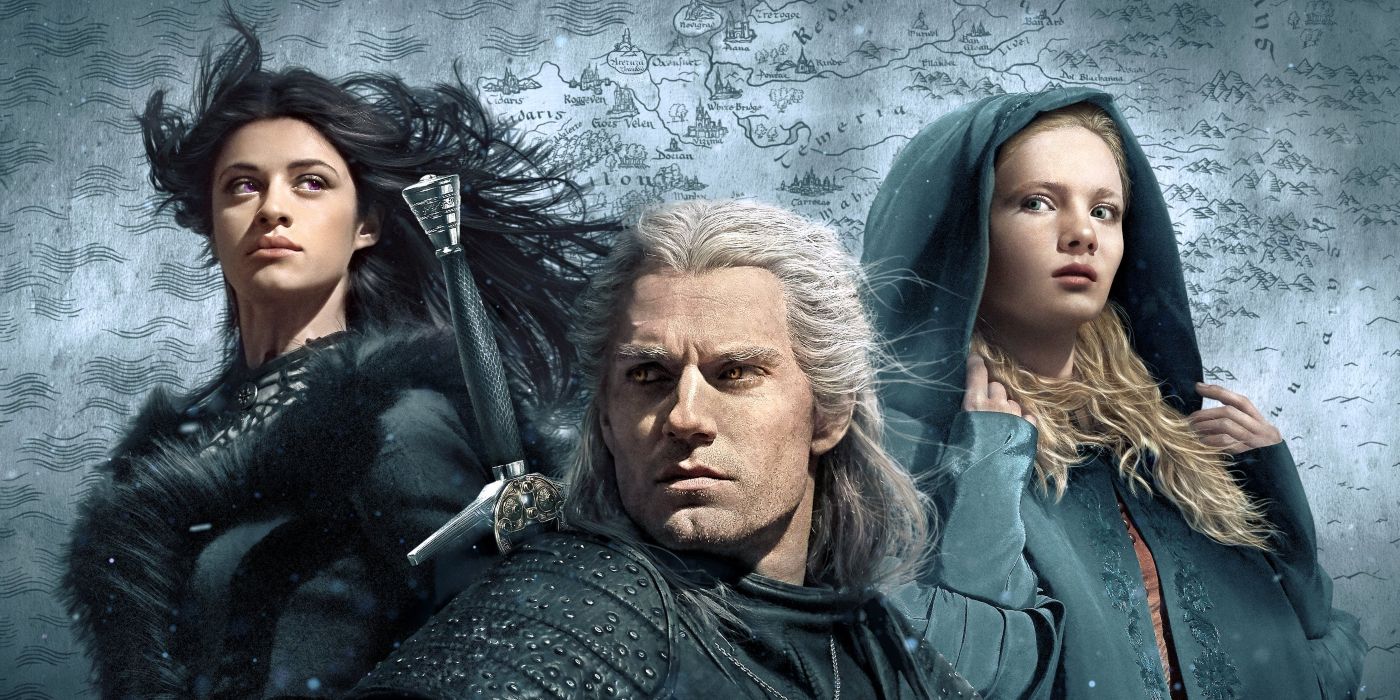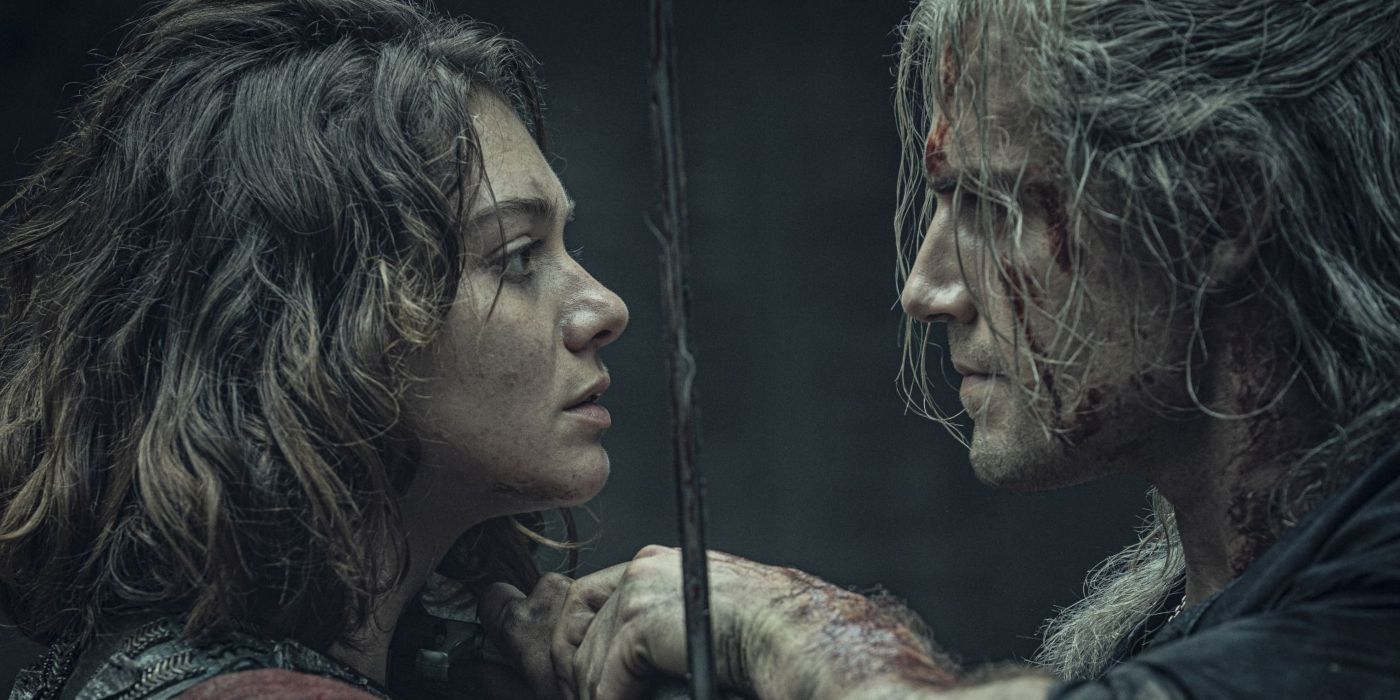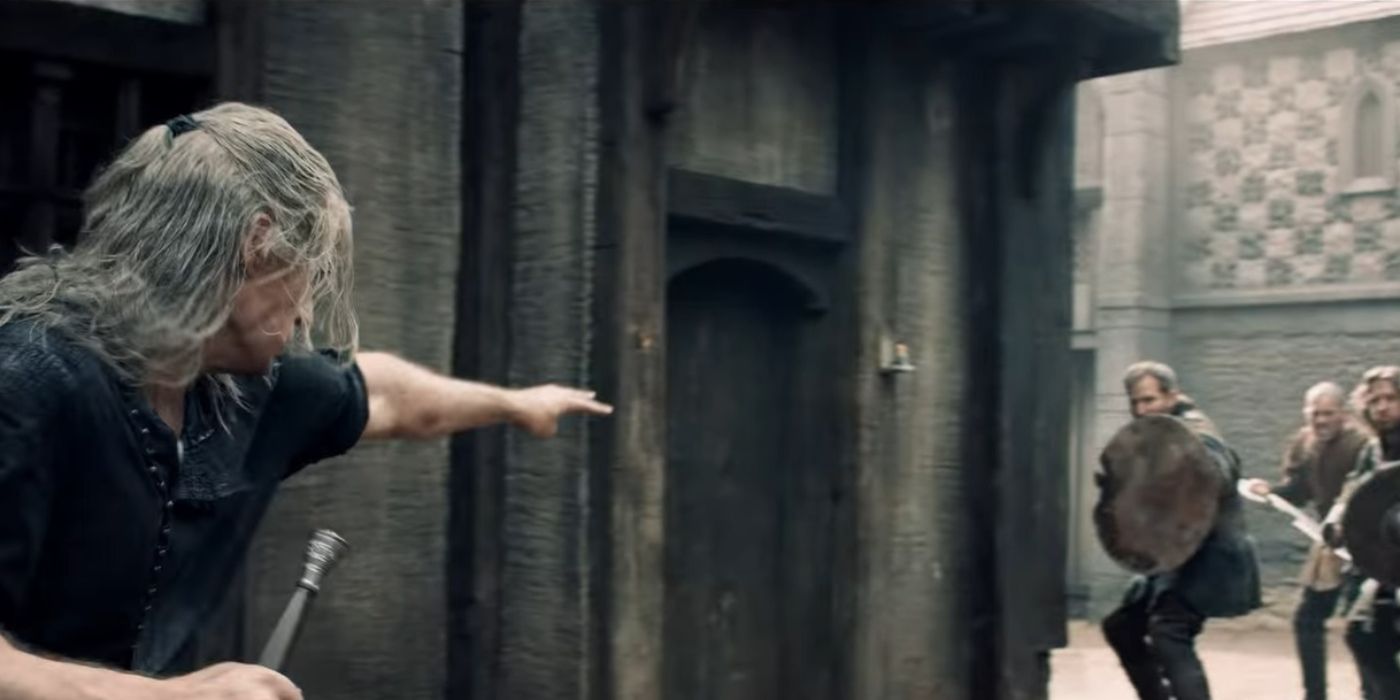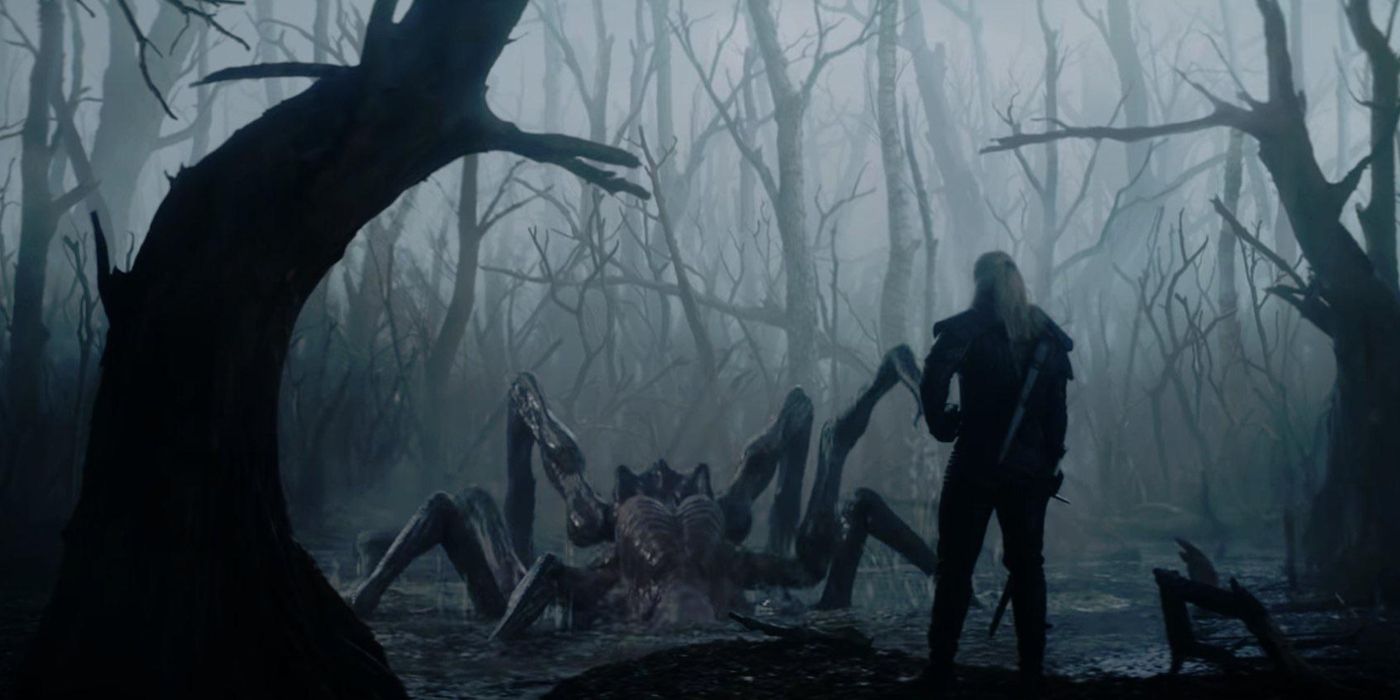Following the success of the popular video game series, the interest in Andrzej Sapkowski's The Witcher novel series has exploded. What that means is that much of the audience will approach Netflix's live-action adaptation with high expectations. And, thankfully, the series has enough magic, monsters and mystery to satisfy.
Be warned: The show, as with the novels, may loosely draw inspiration from fairy tales, but The Witcher is far from being appropriate for children. There is nudity and gore with sprinkles of coarse language, but it only occasionally feels gratuitous.
The series revolves around three main characters: Geralt of Rivia (Henry Cavill), a genetically and mystically enhanced monster hunter who travels the Continent collecting coin in exchange for ridding a hostile land of its ferocious, oftentimes cursed, creatures; Yennefer of Vengerberg (Anya Chalotra), a sorceress who rises from a life of cruel poverty to become a woman of great power and influence, all the while trying to determine what it is she truly wants from it all; and Princess Ciri (Freya Allan), who's torn from her home in Cintra and struggles to escape the clutches of Nilfgaard.
They begin the story separately but are ultimately brought together through destiny -- a major theme across the series. Although that might become abundantly clear early on when the dialogue threatens to beat audiences over the head with it. But that's a minor issue.
As a matter of fact, one of the show's greatest strengths is the quality of its dialogue. Rarely is a scene absent of memorable displays of sardonic wit or clever, thought-provoking conversations. The masterful use of double entendres alone makes the entire season worth a second viewing if only to see how many different ways certain scenes, and certain characters by extension, can be interpreted. In this world, nothing is black and white.
That does seem to be another major theme in the series, established perfectly in the first episode in a story about curses, a princess, a wizard in a tower and the often-skewed perception of the common people. It extends to even minor characters too. At one point there's a grief-stricken Cintrian family who take in Ciri yet abuse their dwarven worker, who they don't see as worthy of compassion. There are plenty of characters like that in The Witcher; constantly reminding audiences that good and evil is, to put it bluntly, an oversimplification.
That does limit the series in regard to overarching villains, however. There are two forces who touch upon this role, but for the most part, Nilfgaard is depicted in much of this first season as a vast army clad in black with just a single soldier, Cahir, loosely serving as its face, while the Brotherhood of Sorcerers appears in just a handful of scenes illustrating the role of sorcerers on The Continent and hinting at some serious politicking. Neither of these forces appear to have a more solid motivation for killing and conquering beyond a vague desire for control and both only really impact Ciri's journey. As a result -- and this is especially true for Geralt -- the other characters' arcs can feel slightly directionless at times, at least in its first half of the season, despite what their stories do for world-building.
It may interest audiences to know going in that Geralt himself is often far from being heroic, in part because of the nature of his profession and in part because of a deep-seated cynicism. At least, that seems to be what Cavill is going for in his stoic portrayal of the character. It suits the world around him, whose people often comment on the widespread (and false) belief that witchers can't feel human emotions. Cavill should be praised for his ability to emote that subtly without ever coming across as boring.
Most of the actors involved deserve praise; certainly Anya Chalotra, who elegantly showcases Yennefer's gradual transformation from hunchbacked outcast to influential sorceress without ever falling into the melodramatic. What's more, Chalotra is not afraid to embrace the less graceful moments of real emotions, making Yen's struggle that much more impactful.
If right about now The Witcher is starting to sound like a particularly bleak production, don't worry. On top of some expertly written wry humor, the grim tone is offset by Jaskier, a wandering bard played by Joey Batey. With his somewhat-theatrical demeanor, he balances out Geralt's character and is able to add just the right amount of comedic relief to the series, as well as a bit of music.
Batey is a talented vocalist, there's no question about that, and the one prominent song that Jaskier performs is surprisingly catchy, but it does have an unmistakable modern quality to it that some audiences might not appreciate as it clashes with the overall atmosphere that the series sets. The rest of the soundtrack makes up for it with distinct compositions that accentuate the Slavic influences inherent in this particular fantasy world.
Speaking of fantasy worlds, there is a lot to be said about the show's monsters. When the show employs practical effects for them, they are horrifying in the best ways. The striga, for example, looks every bit as nightmarish as you would expect, but the same cannot be said for the CGI kikimore. There are a fair few digitally rendered monsters that appear in the series. The visual quality of each one varies from creature to creature -- simply because some are more elaborate than others -- and it verges on being immersion-breaking.
If that does occur, audiences can trust that the show's many landscapes, CGI or otherwise, can draw them right back in again. Each location, from the grim Cintran capital to the vibrant rural settlement of Posada, makes The Continent feel vast, magical and as varied as the people that populate it.
Newcomers may find themselves trying to figure out a few terms or dynamics, but it won't take too long to get acquainted with it all. Viewers might perceive a few narrative flaws, but those are likely due to the fact that this season adapts a number of short stories, for the most part. It all comes together in the end. Those who are already fans of Sapkowski's work are sure to enjoy themselves. Showrunner Lauren Hissrich promised early on that the series would remain as faithful to the novels as it could and that absolutely seems to be the case.
Overall, Netflix's The Witcher is sure to be a hit among audiences searching for a dark fantasy series to challenge everything they are used to seeing. It makes no attempts to be larger than it is, and while it isn't perfect, its world is rich and thoroughly enjoyable.
The Witcher stars Henry Cavill as Geralt of Rivia, Anya Chalotra as Yennefer of Vengerberg, Freya Allan as Ciri and Joey Batey as Jaskier. The series will be available now on Netflix.




